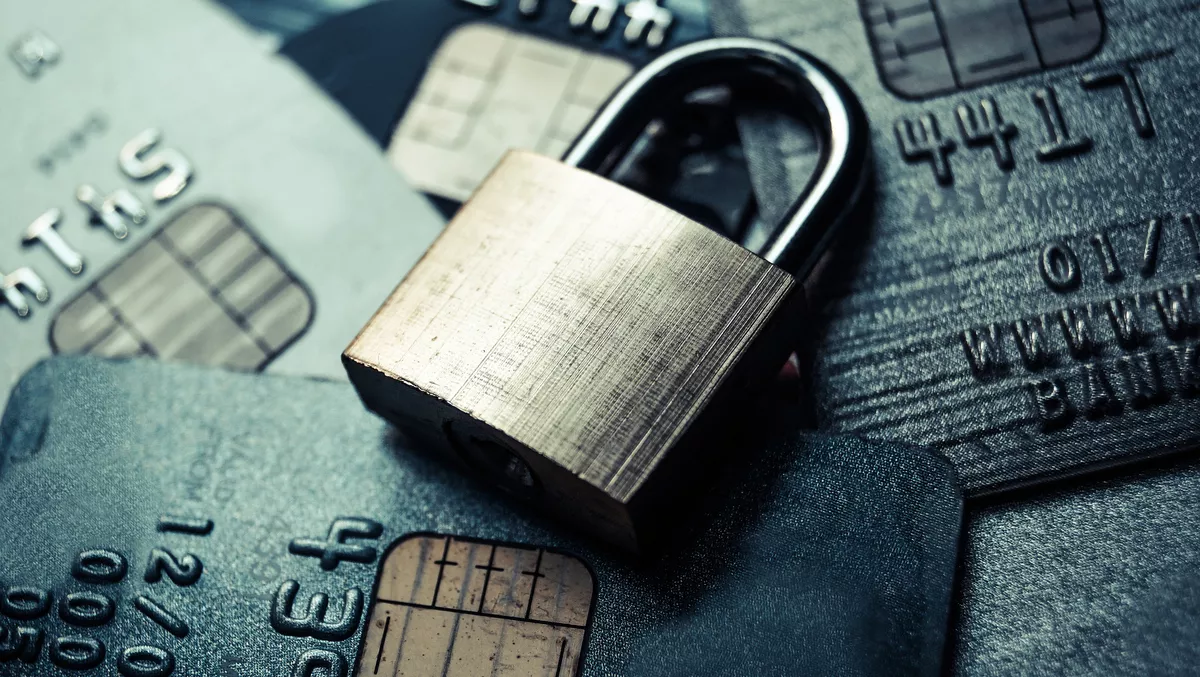
Fintech expert urges caution when it comes to online banking details
Consumers need to err on the side of caution and be aware of what information third-party businesses attain when doing online banking, according to fintech expert Jill Berry.
The digitalisation of banking has added convenience to consumers through methods such as online transfers, bill payments, faster loan approvals, and ease of sharing data, but what happens when you're asked to share your banking login details with a third-party company even one that is credible?
According to Berry, who is the CEO and co-founder of Adatree, there are several things people should look out for when doing banking online, and there are ways to protect data if people need to share their banking details.
"Screen scraping is a little-known term whereby a third party extracts or scrapes a customers digital data for various services using their disclosed bank login credentials," Berry says.
"Commonly used by personal budgeting apps, instant loan lenders or payments services, an organisation requests the user hand over their banking username and password, which they use to log in to access (scrape) required information and sometimes even more," she explains.
"The benefit: to make it easier for consumers to manage, compare or switch banking products. But there are many downsides around what information these unethical data vendors can access and how often without you knowing."
Berry says most people are looking for ways to save time and effort, but when it comes to convenience around data sharing via screen scraping, consumers have less control, security and transparency when they hand over their banking logins.
"Once third parties have a customers details, the consumer does not know how and where the data will be stored, whether it will be sold or shared, with whom, and for what purpose everything remains unknown," she says.
"It can also be accessed by this hidden data vendor or screen scraping service at any frequency without any restrictions. There is no expiration date for them to stop scraping the customers data nor can consent be withdrawn. The only upside is convenience customers simply provide their login details."
Financial institutions have used screen scraping since the 1980s to expedite the digital process, rather than manually sharing, entering and analysing data.
"Fast forward to 2019, the Federal Government created a legislation called the Consumer Data Right (CDR), known as Open Banking in the financial sector, which gives control back to consumers," says Berry.
"Consumers choose what data they want to share and for how long. To cease sharing their data at any point, they can simply withdraw consent and ask the business to delete their data."
Top tips for consumers to protect themselves if they are asked to share their banking login details with third parties:
Consider opting for the manual method. Sharing your banking login might reduce a little life admin, but at what cost? Is it really worth an unidentified data vendor holding or worse selling your data?
Until CDR becomes commonplace, Berry recommends manually downloading your statements from your online banking and sending them to the third-party company.
"While it can take a bit longer and be a tedious process, you will have peace of mind knowing that your data remains secure in the hands of those you chose to share it with," she says.
Change your password as soon as possible.
"In instances where online or paper statements are insufficient and your banking username and password must be provided, change your password as soon as the third party has accessed the required data," Berry says.
"This will disable them from logging back into your account to access your banking data down the track, without your knowledge and express consent."
Research the company you're sharing your data with.
"Some banking services who aren't yet part of the Consumer Data Right require screen scraping to validate a loan application or for other services," Berry says.
"If there is no alternative method, do your research around the company you need to share your data with. In particular, you want to look for whether they do ethical data sharing, which gives you more control and transparency," she says.
"If you find they do not have ethical data practices, it might be wise to consider an alternative provider who has better ethics."
Find out whether the lender or service provider will be using CDR in the future.
"While screen scraping relinquishes your control and ability to consent to uses of your own data, CDR does the opposite it gives power back to you, the consumer," says Berry.
"If screen scraping remains the preferred method of the lender or service provider you're using, ask whether they will implement CDR in the future which puts your interests and privacy first. No passwords need to be shared, consent can be granted and revoked at any time, and your data remains in your control."


